Chinese medicine treats the cause
Eczema is a common and rapidly disabling condition. Its causes are multiple, but most often related to blood disorders. Unfortunately, the patients who consult us often have long-standing eczema. We cannot stress this enough: any condition should promptly be consulted by a traditional practitioner to prevent it from becoming chronic.
It is therefore necessary to consider the history, appearance, and progression of the lesions to understand their significance and develop the most appropriate treatment. In the acute phase, it is necessary to cool the heat, disperse the wind, and eliminate humidity. In the chronic phase, it is necessary to nourish the blood and moisturize the dryness.
It’s also important to look for possible damage to one of the eight extraordinary meridians and adjust your diet.
Finally, it’s essential to address the emotional aspect of eczema, as the skin organ is linked to our emotional state.
Our history and our relationship with our parents, especially our mother, also influence our emotions.
Some people retain intense anger from their adolescence, others great sadness, or a strong bond of emotional dependence.
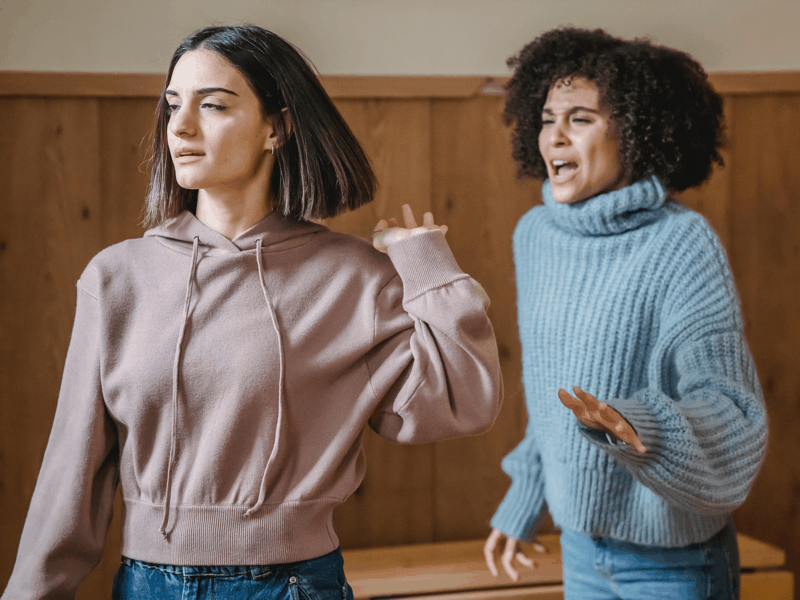
Chinese medicine treats eczema after identifying its origin. It is difficult to get rid of it. The creams and treatments offered by Western medicine may relieve the symptoms, but they do not address the cause and often cause side effects.
This is why many people suffering from eczema turn to traditional medicine, which, according to its holistic approach, will identify and treat the cause of this condition.
TCM uses pharmacopoeia in conjunction with acupuncture to achieve this goal. However, the Chinese medicine practitioner will also advise their patient on their diet and ask about their lifestyle, as poorly managed stress and recurring emotional disturbances have a significant impact on eczema.
The patient will therefore need to adapt their lifestyle in parallel with the treatment they are receiving to support the treatment and promote healing.
In all cases, and especially if the eczema has been present for some time, it will take time to get rid of it.
The patient will therefore have to commit to the long term and not give in to discouragement. However, improvements can be felt quickly, and therefore the discomfort significantly reduced. Since each case is different, it is impossible to predict precisely how and after how long this improvement will be felt.
Causes
Several possible causes or “perverse” factors can be identified that can lead to eczema: heat, wind, humidity, or dryness. The nature of the lesions provides clues as to the origin.
Heat
The skin is red with a local burning sensation, and it is swollen. The origin is what TCM calls Fire, which comes from within.
This Fire can come from an unbalanced diet, including excessive consumption of so-called fatty or hot foods (fried foods, spices, alcohol, dairy products, etc.). This first generates excessive stagnation in the stomach, then Fire in the stomach or gallbladder.
Emotional disturbances can also generate Heart and Liver Fire. Finally, blood heat can turn into dryness with yin deficiency and the release of heat.
Dryness
The skin is dry with scales and crusts. Eczama in this case is linked to a lack of body fluids, due to blood deficiency, or kidney yin deficiency, or sometimes due to lung or liver yin deficiency.

Wind
In cases of pruritus (itching), the origin of the condition will be related to wind. If this wind is of internal origin, it is often the result of a lack of blood. In this case, the itching is less intense but chronic, worsening at night.
If it is of external origin, the itching is intense and widespread, generally on the upper body. It is generally improved by cold.
The origin can also be Wind associated with Heat. The eczema will then be dry but itchy, and the tongue will be very red with a white coating. It is generally the result of stagnation of Liver Qi, itself generated by annoyances, pent-up anger, and frustration.
Dampness
Dampness, like dryness, is often associated with wind or heat. The lesions are sticky, sometimes purulent, and present with vesicles or blisters.
Its origin can be external (accumulation of dampness-heat or penetration of wind-dampness) or internal.
Internal dampness is often linked to an energetic imbalance in the Spleen, such as a Qi deficiency. The origin is often dietary (excessive consumption of cold or sugary foods that exhaust the Spleen).

Treatment
As for any pathology, after a diagnosis to identify the cause(s) of the eczema as precisely as possible, we immediately combine acupuncture with pharmacopoeia. We encourage our patients to go directly to a traditional pharmacy to receive herbal ointments.
During one or more sessions, we also offer an examination of the patient’s eating habits in order to help him/her find a suitable and, if possible, pleasing diet. Finally, we invite our patients to follow the precepts and techniques of Yǎngshēng, the Chinese medicine art of living for health and longevity.
As with any chronic illness, we propose qi gong as a fundamental support for the proper management of one’s emotions. Finally, it is important for each person to identify his or her own priorities in relation to health. It is gratifying to note that those who decide to do everything possible to get out of it, obtain results.
Let’s not forget that each person is his or her own doctor!
The effectiveness of TCM on eczema

Three studies conducted between 2006 and 2008 at the Ming Qi Natural Health Center (New York, USA) aimed to evaluate the impact of Chinese medicine on eczema.
In one study, 37 young patients with eczema were given a herbal decoction, while the other group received a placebo. At the beginning of the study, more than half of the participants had severe symptoms. Those who received the treatment experienced greater symptom relief than those who received the placebo.
“Improvement in symptoms and quality of life was seen by the third month,” says researcher Julia Wisniewski. And after eight months of treatment, most had mild symptoms. Eighteen of the patients experienced a 90% or greater reduction in their eczema.
In another study, several participants drank a Chinese herbal decoction. They also took herbal baths, and applied herbal creams to the affected areas. Finally, they received acupuncture sessions. This combination of therapies significantly reduced the symptoms of most participants, who started the study with severe eczema and ended it with very mild symptoms.
Participants also reported a reduction in the use of antibiotics steroids and antihistamines within three months of their TCM treatment.
“Chinese medicine is a very good alternative to conventional treatment for patients with eczema,” the researchers concluded.

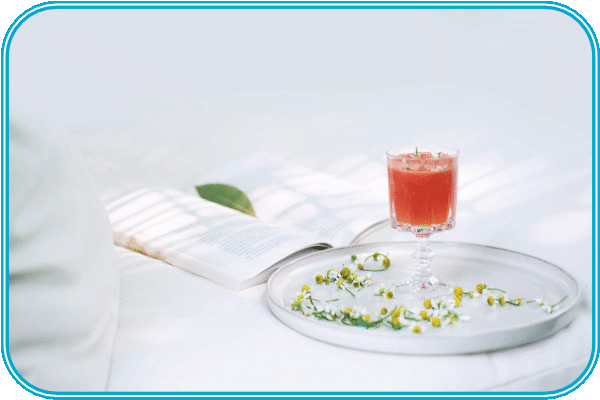
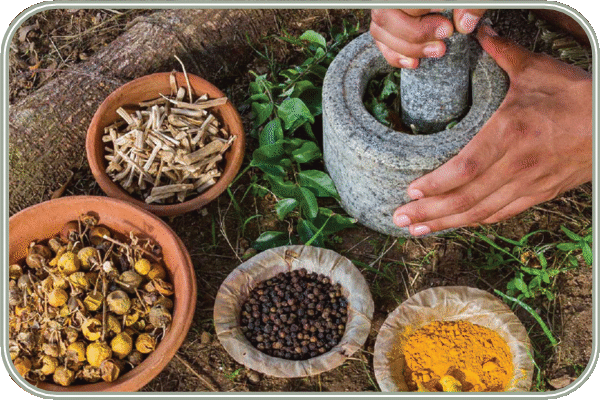

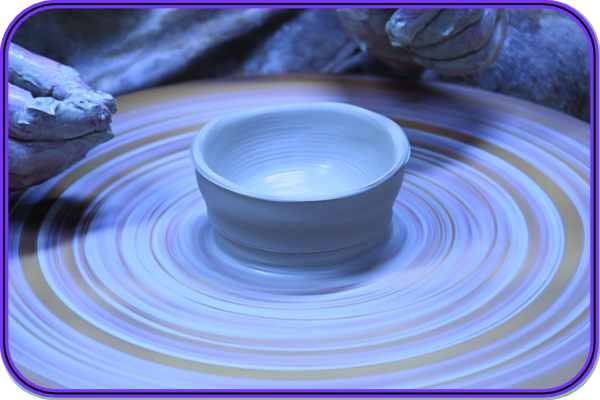
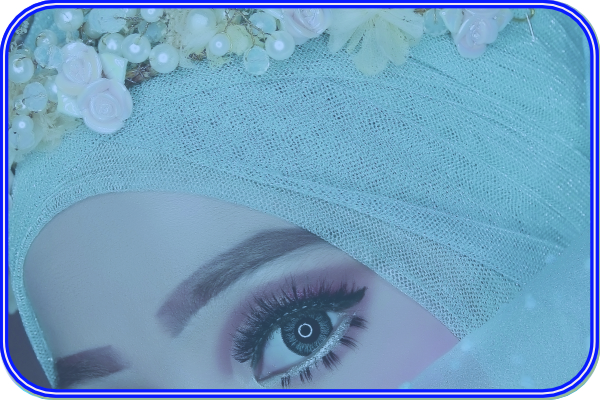
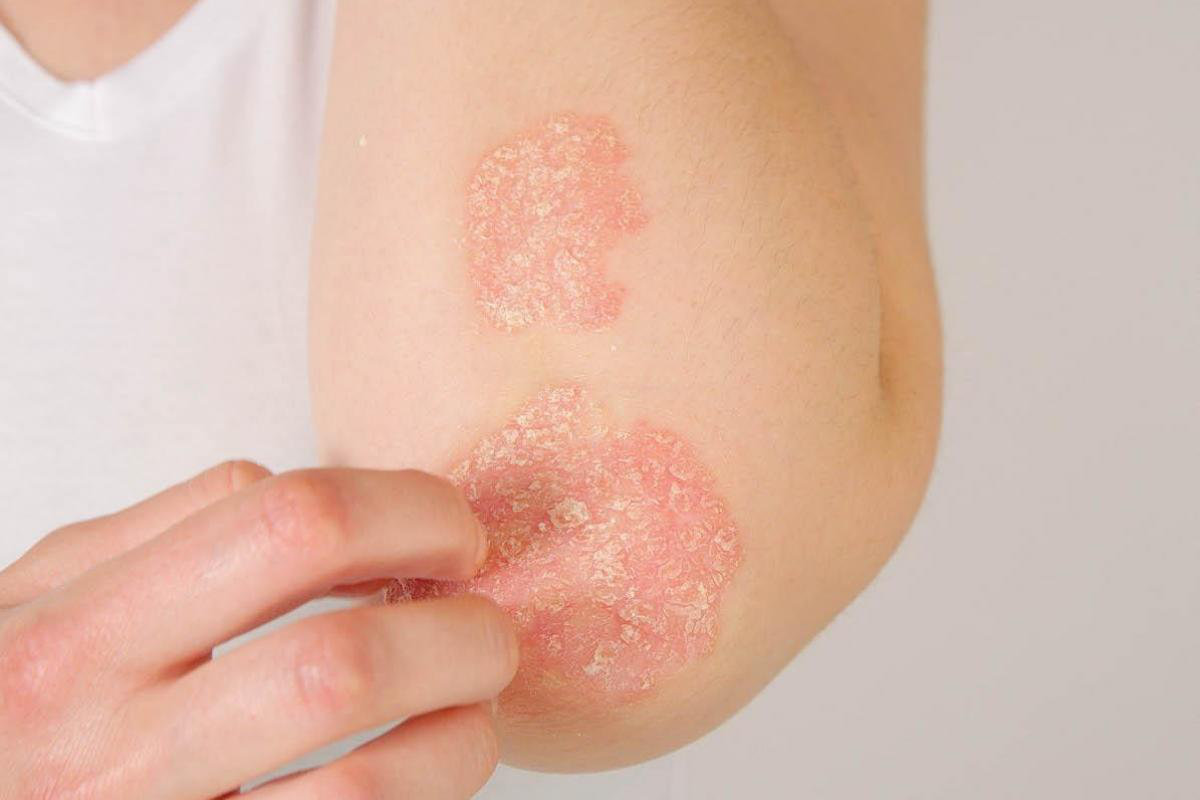
0 Comments